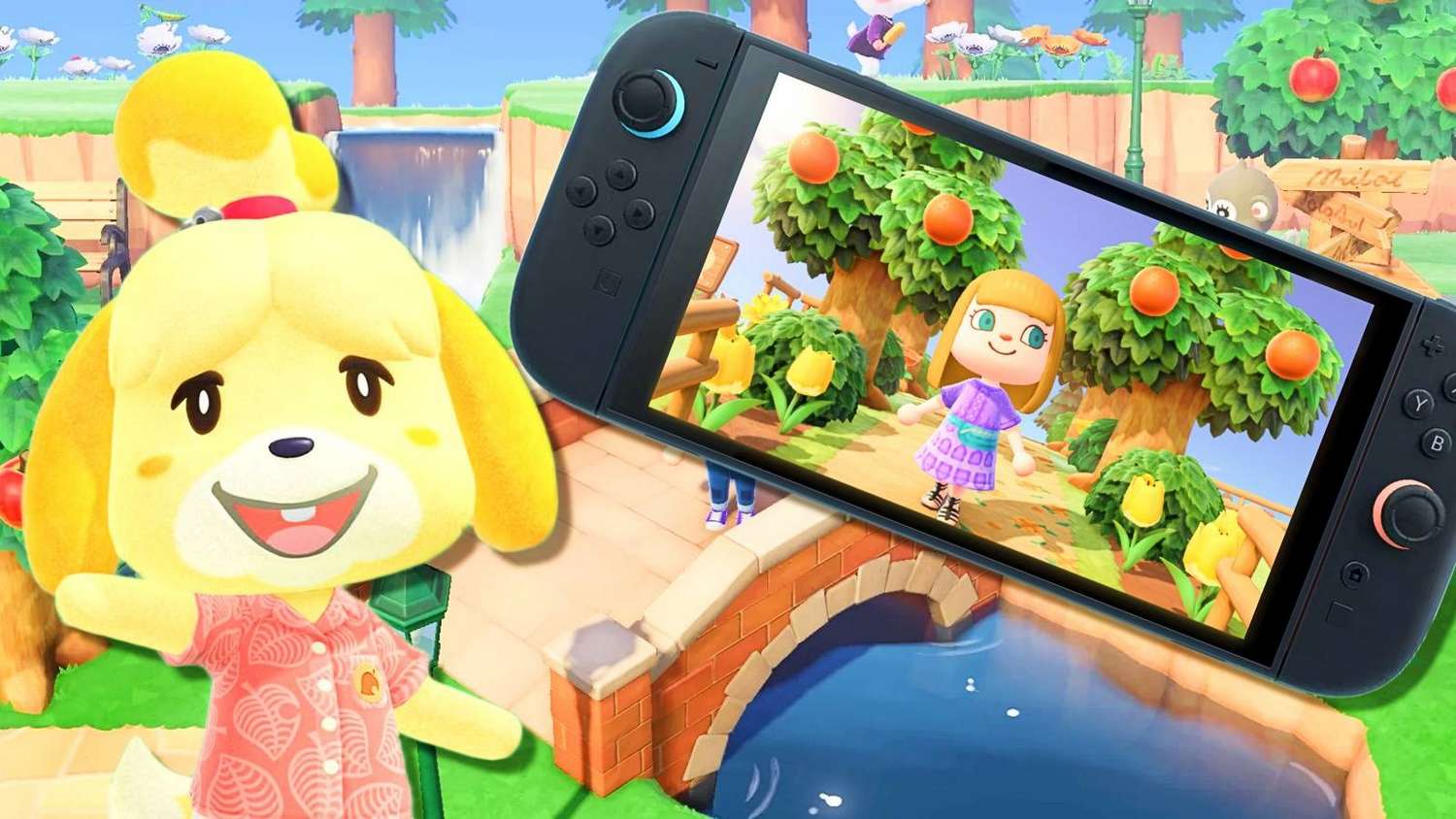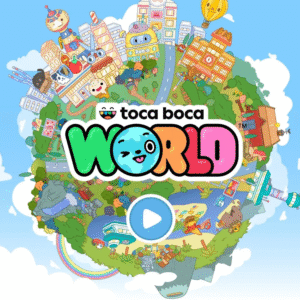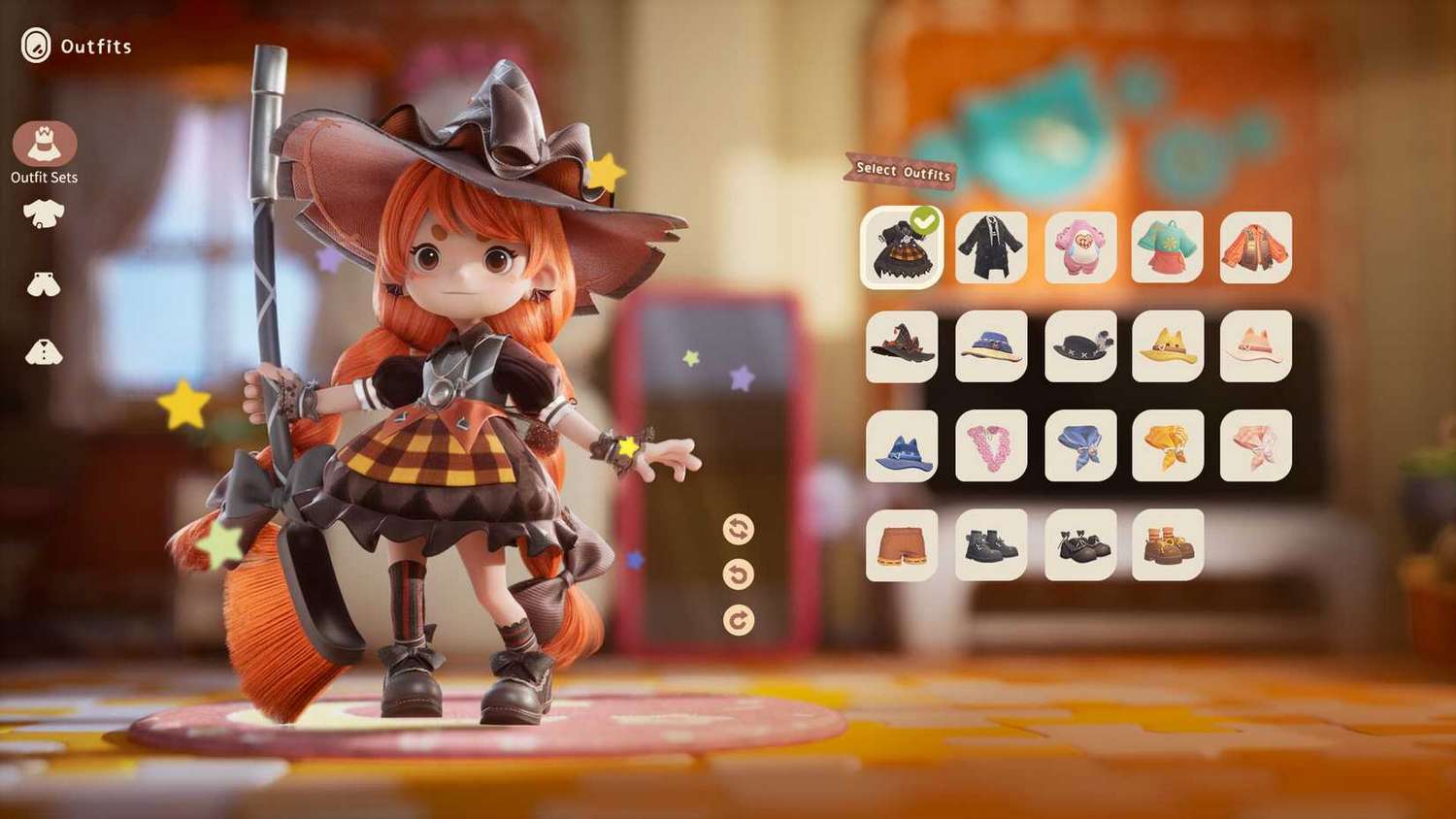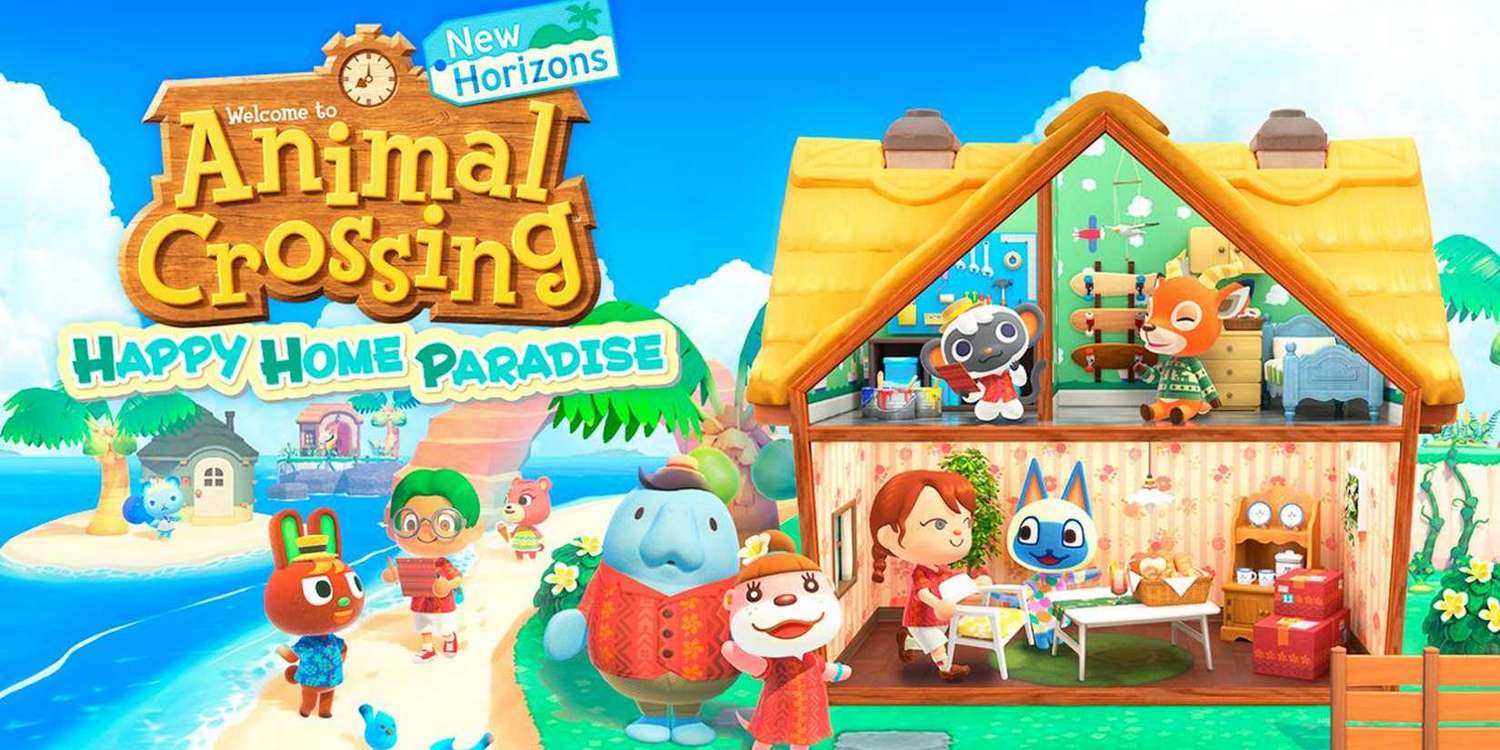HoYoverse’s New Life-Sim Game ‘Petit Planet’ Presents a Formidable Challenge to Nintendo’s Dominance in the Cozy Gaming Market
Popular Now
 PUBG Mobile
PUBG Mobile
 Counter-Strike 2
Counter-Strike 2
 Free Fire Max
Free Fire Max
 Black Myth: Wukong
Black Myth: Wukong
 FIFA 23
FIFA 23
 Warframe
Warframe
 R.E.P.O
R.E.P.O
 Fall Guys
Fall Guys
 Brawl Stars
Brawl Stars
 Candy Crush Saga
Candy Crush Saga  HoYoverse, the global gaming titan known for blockbuster titles like Genshin Impact and Honkai: Star Rail, has made a calculated entry into the beloved ‘cozy life simulation’ genre with the recent announcement of Petit Planet. The news, which broke a few weeks ago, has sent ripples across the industry, with many analysts and gamers alike immediately drawing comparisons to the reigning champion: Nintendo’s Animal Crossing: New Horizons (ACNH). This strategic move by a high-profile developer is being viewed not merely as a new release, but as a serious challenge to the established order, threatening to redefine the market for premium life-simulation games.
HoYoverse, the global gaming titan known for blockbuster titles like Genshin Impact and Honkai: Star Rail, has made a calculated entry into the beloved ‘cozy life simulation’ genre with the recent announcement of Petit Planet. The news, which broke a few weeks ago, has sent ripples across the industry, with many analysts and gamers alike immediately drawing comparisons to the reigning champion: Nintendo’s Animal Crossing: New Horizons (ACNH). This strategic move by a high-profile developer is being viewed not merely as a new release, but as a serious challenge to the established order, threatening to redefine the market for premium life-simulation games.
The Rising Tide of the ‘Cozy Life-Sim’ Genre
The life-simulation genre, particularly its ‘cozy’ sub-category, has seen an exponential surge in popularity, catalyzed in part by the massive global success of Animal Crossing: New Horizons. This demand has created a fertile ground for competitors. While numerous indie games like Stardew Valley, Disney Dreamlight Valley, and Coral Island have offered successful alternatives, a developer with the financial and technological might of HoYoverse entering the fray signifies a new era of high-stakes competition. HoYoverse’s proven track record in delivering polished, expansive, and continually updated experiences suggests that Petit Planet is designed to be a direct, top-tier contender.
The core gameplay loop of the cozy sim—centered around building, decorating, farming, and fostering a community—appeals to a massive, stable, and highly engaged audience. These factors make the life-sim genre a prime target for developers looking for high lifetime value (LTV) from players who are willing to invest both time and money into their personalized digital worlds. For investors and advertisers, this translates into lucrative opportunities, driving up the cost-per-click (CPC) for high-value keywords such as “best life simulation games 2025”, “Animal Crossing alternatives”, “next-gen cozy games”, and “PC life simulation games”.
 Petit Planet: Leveraging HoYoverse’s Strengths
Petit Planet: Leveraging HoYoverse’s Strengths
Petit Planet is reportedly set to blend elements of creation, discovery, and community, a formula that closely mirrors the Animal Crossing experience. However, HoYoverse is expected to introduce several key differentiators that leverage their established expertise:
- Visual Fidelity and Engine Power: HoYoverse games are renowned for their stunning graphics and highly optimized performance. If Petit Planet utilizes the same advanced engine technology as their other major titles, it will likely offer a visual experience that significantly surpasses the capabilities of the aging Nintendo Switch hardware, which houses ACNH. This graphic advantage could be a major draw for players on PC and mobile devices.
- Cross-Platform Accessibility: A crucial strategic advantage for Petit Planet is its planned launch across PC and mobile platforms, with potential future expansion to other consoles. This immediately circumvents Nintendo’s strictly limited ecosystem. As a Nintendo-exclusive, Animal Crossing forces players to buy a dedicated console. Offering a quality life-sim on platforms where millions already game is a strong move for market share acquisition.
- Live Service Model and Content Flow: Unlike Nintendo’s more measured content updates for ACNH, HoYoverse operates on an aggressive, high-frequency live service model. Gamers can likely anticipate a continuous stream of new characters, events, features, and expansive world updates, keeping the player base highly engaged. This focus on long-term engagement and monetization is a cornerstone of the company’s success.
“The ability to launch a game on both PC and mobile platforms from day one, offering a graphically superior experience without the barrier of a console purchase, fundamentally changes the competitive landscape for premium simulation games,” states a recent industry report from DigiMarket Trends. This accessibility is a crucial factor in HoYoverse’s strategy to capture the global gaming audience.
The Critical Factor: High CPC Keywords and Target Audience
The game’s design and marketing are clearly targeting the high-value ‘Simulation’ and ‘Cozy’ demographics. The integration of “cosmic elements,” as hinted by the developers, suggests a layer of high-fantasy or sci-fi that distinguishes it from ACNH’s pure-life setting. This not only appeals to the existing HoYoverse fanbase but also taps into new segments. Key search phrases that are expected to see significant bidding wars and high CPC values in the lead-up to and post-launch include:
- “Best life simulation game PC”
- “Animal Crossing competitor 2025”
- “MMO life sim games”
- “High-quality decorating games”
- “Top cross-platform cozy games”
The battle for these terms underscores the potential profitability of the market. High CPC keywords are a strong indicator of an audience with high purchasing power and a propensity to spend on in-game cosmetics, season passes, and quality-of-life enhancements—all standard features in a HoYoverse title.
 Reviewing the Game-Changing Impact
Reviewing the Game-Changing Impact
While definitive verdicts must await the official release and community reception, the mere presence of Petit Planet introduces a new level of pressure on Nintendo. The competition forces all developers in the genre to innovate and expand their offerings. For the consumer, this is overwhelmingly positive. A high-quality alternative breaks Nintendo’s near-monopoly on the platform-exclusive experience and provides a highly polished option for players on PC and mobile who do not own a Switch.
The industry is watching closely. If Petit Planet can successfully combine HoYoverse’s signature polish, expansive worlds, and continuous content support with the core, relaxing charm of the life-sim genre, it will undoubtedly achieve its goal: to stand toe-to-toe with the decades-long champion and carve out a significant, and highly profitable, space in the premium simulation gaming market. This is no longer a question of “if” it will compete, but “how successfully.” The obvious reality is that the new contender has the resources, technology, and strategic vision to challenge the incumbent’s crown.











 Petit Planet: Leveraging HoYoverse’s Strengths
Petit Planet: Leveraging HoYoverse’s Strengths Reviewing the Game-Changing Impact
Reviewing the Game-Changing Impact